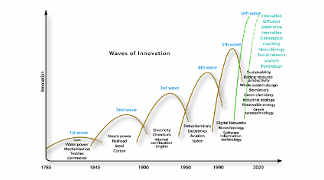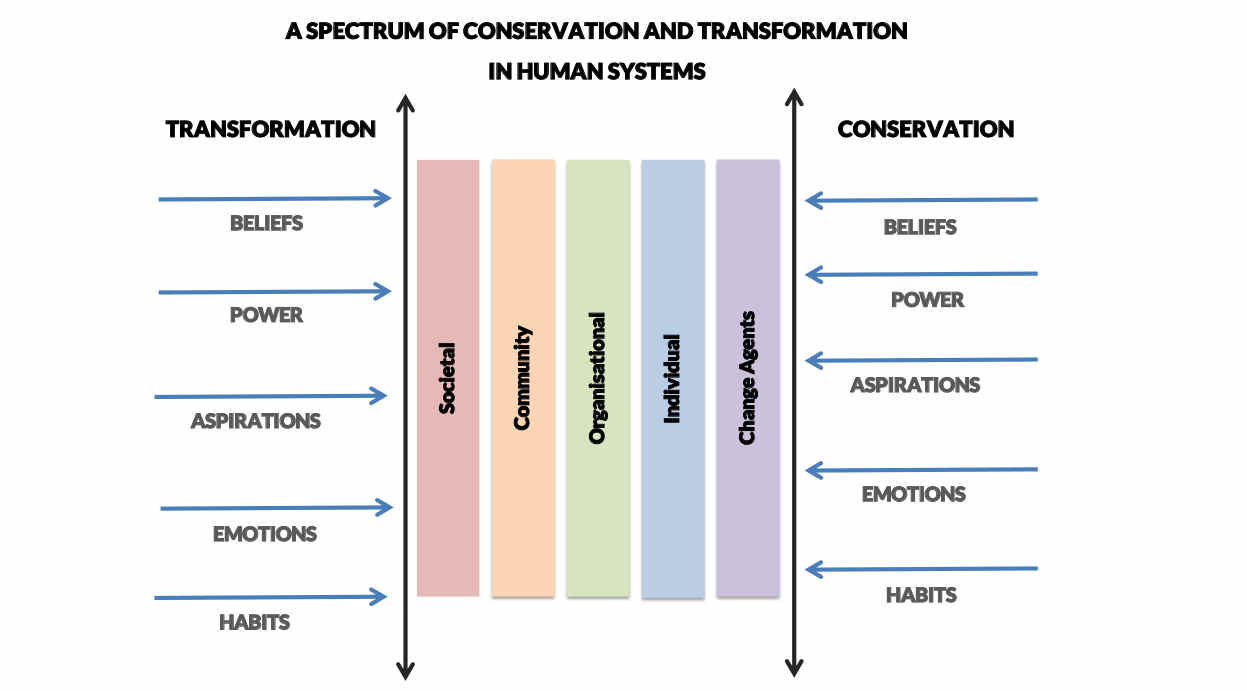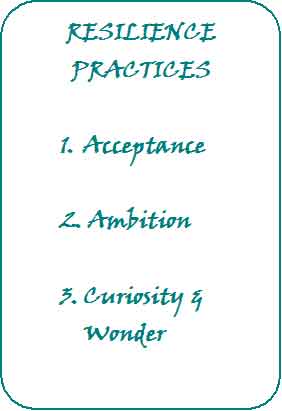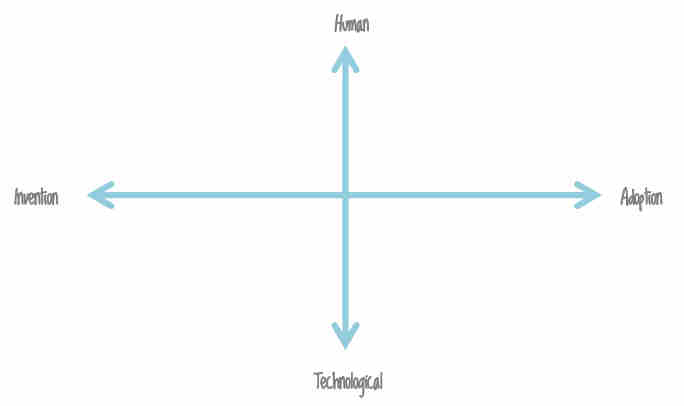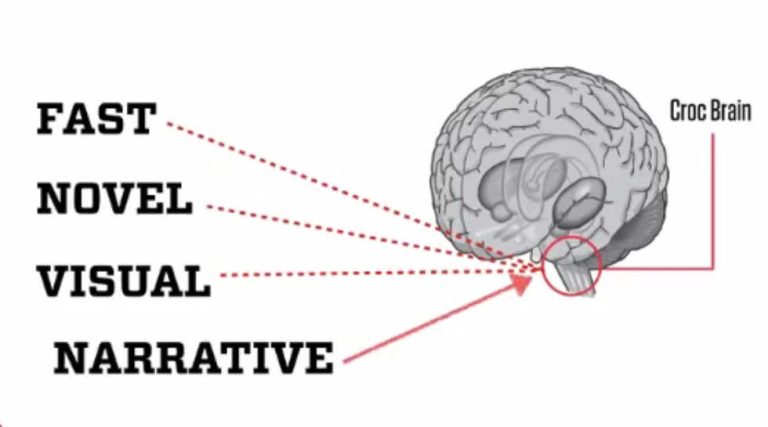Entrepreneuring and behaviour change
Being an entrepreneur is fundamentally about being in the business of behaviour change. Behaviour change is a process – hence the word “entrepreneuring”.
The real work is in convincing your target market to adopt the new behaviour implicit in your product or service. To sell smarter phones and tablets, Steve Jobs had to convince people to use them – and that the effort of learning the new device would be worth it (even it was just looking on-trend).
Being inventive and interesting just isn’t enough – whether it’s building a better mouse trap or entrepreneuring a regenerative economy. The true test of your entrepreneurship is take-up. That’s the real work – and it’s all about behaviour change.
Developments in understanding human behaviour
In parallel with developments in sustainable technology over recent decades, there’s been another set of knowledge bases developing around human behaviour and innovation.
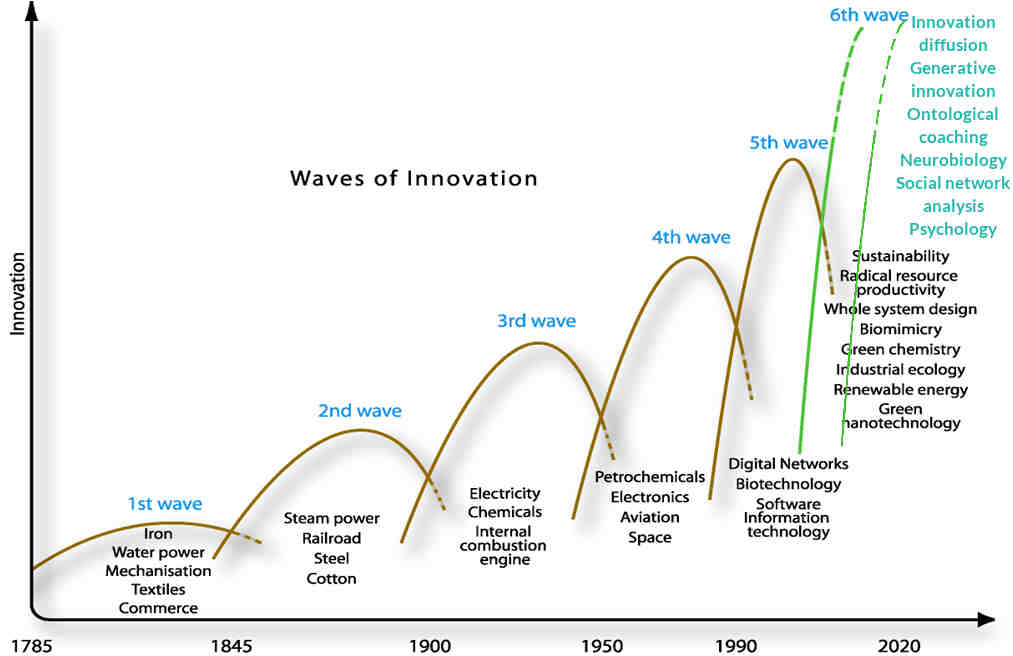
The good news for entrepreneurs these days is that innovation delivery is becoming a set of learnable skills applied in a learnable process. There’s a range of sources for this other, quieter knowledge explosion that is shifting the change game up a level. Its roots including philosophy, linguistics, marketing, psychology and neurobiology.
Delivery tools for entrepreneurs
It’s easy to get product myopia and fall for “build it and they will come”. However human systems have very strong drives to conserve what’s “normal” for them. Transforming them requires both push and pull dimensions – and the specific drivers can be different for different individuals, different temperament types and different social groups.
What’s in your toolkit for innovation delivery? Here are a few of the ones we keep coming back to:
- Innovation diffusion theory, particularly the disruptive innovation distinctions and emotional drivers of innovation in “Crossing the Chasm”.
- Generative innovation, particularly the critical conversational cycle of innovation adoption identified in “The Innovator’s Way”.
- Myers Briggs temperaments, to understand the emotional drives of more conservative preference sets (hugely valuable once you put aside MBTI’s organisational misuses).
- Neurobiology, to understand the huge impact biology has on human perception, starting with “Iconoclast: A Neuroscientist Reveals How to Think Differently “
- Force field diagrams used in Quality Management to identify support and resistance to change.
If you’re serious about being an entrepreneur, a change-maker or a manager then understanding human systems and how they change is critical – especially now it’s learnable.

